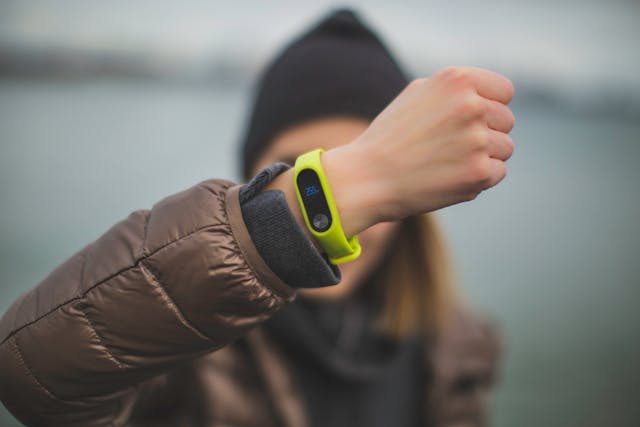Exercise is widely acknowledged as one of the most effective ways to reduce the risk of heart disease or prevent a repeat cardiovascular event such as a heart attack or stroke. As wearable technology, such as smartwatches, becomes more prevalent, healthcare researchers increasingly explore their potential to promote physical activity.
This exploration includes customised messages designed to motivate individual patients to increase their activity levels based on their immediate environment. For example, these messages may encourage patients to enjoy good weather by walking outside.
A significant study by the University of Michigan Health Frankel Cardiovascular Center found that personalised text messages could significantly enhance physical activity among patients recovering from major heart events, such as heart attacks or surgeries. However, the effects of these messages were observed to diminish over time.
The study, published in Circulation: Cardiovascular Quality and Outcomes, was part of the Virtual Application-supported Environment To Increase Exercise Study or VALENTINE Study. This randomised clinical trial assessed the physical activity levels of over 200 patients enrolled in cardiac rehabilitation, comparing those who received a mobile health intervention that promoted exercise with those who did not. The interventions were contextually aware and tailored to factors such as the weather and the time and day of the week.
In the first 30 days of the intervention, Apple Watch users noted a 10% increase in their step count following a message, while Fitbit users saw a 17% increase. Jessica R. Golbus, M.D., assistant professor of internal medicine-cardiology at the University of Michigan Medical School and a U-M Precision Health initiative member, led the study. She highlighted the potential of simple, low-cost interventions delivered through mobile technology to help prevent secondary cardiovascular events.
Cardiac rehabilitation, a program that combines physical activity with lifestyle changes, is highly recommended to improve health after cardiovascular events. Despite its benefits, it remains widely underutilised. After one month, the initial effects of the personalised messages began to wane for both Apple Watch and Fitbit users. Researchers attribute this regression to patients becoming accustomed to the messages but remain optimistic about the potential for further improvements through more finely tailored interventions.
Dr Brahmajee Nallamothu, senior author of the study and professor of internal medicine-cardiology at U-M Medical School, shared his insights on the future of digital health tools. He noted that while the most consistent effects were observed in the first month of smartwatch use, the study’s findings would allow researchers to refine their understanding of how different individuals respond to these interventions. This is an exciting time in the field of mobile health technology, with great potential to transform healthcare delivery and personalisation.
More information: Jessica R. Golbus et al, Text Messages to Promote Physical Activity in Patients With Cardiovascular Disease: A Micro-Randomized Trial of a Just-In-Time Adaptive Intervention, Circulation Cardiovascular Quality and Outcomes. DOI: 10.1161/CIRCOUTCOMES.123.010731
Journal information: Circulation Cardiovascular Quality and Outcomes Provided by Michigan Medicine – University of Michigan








